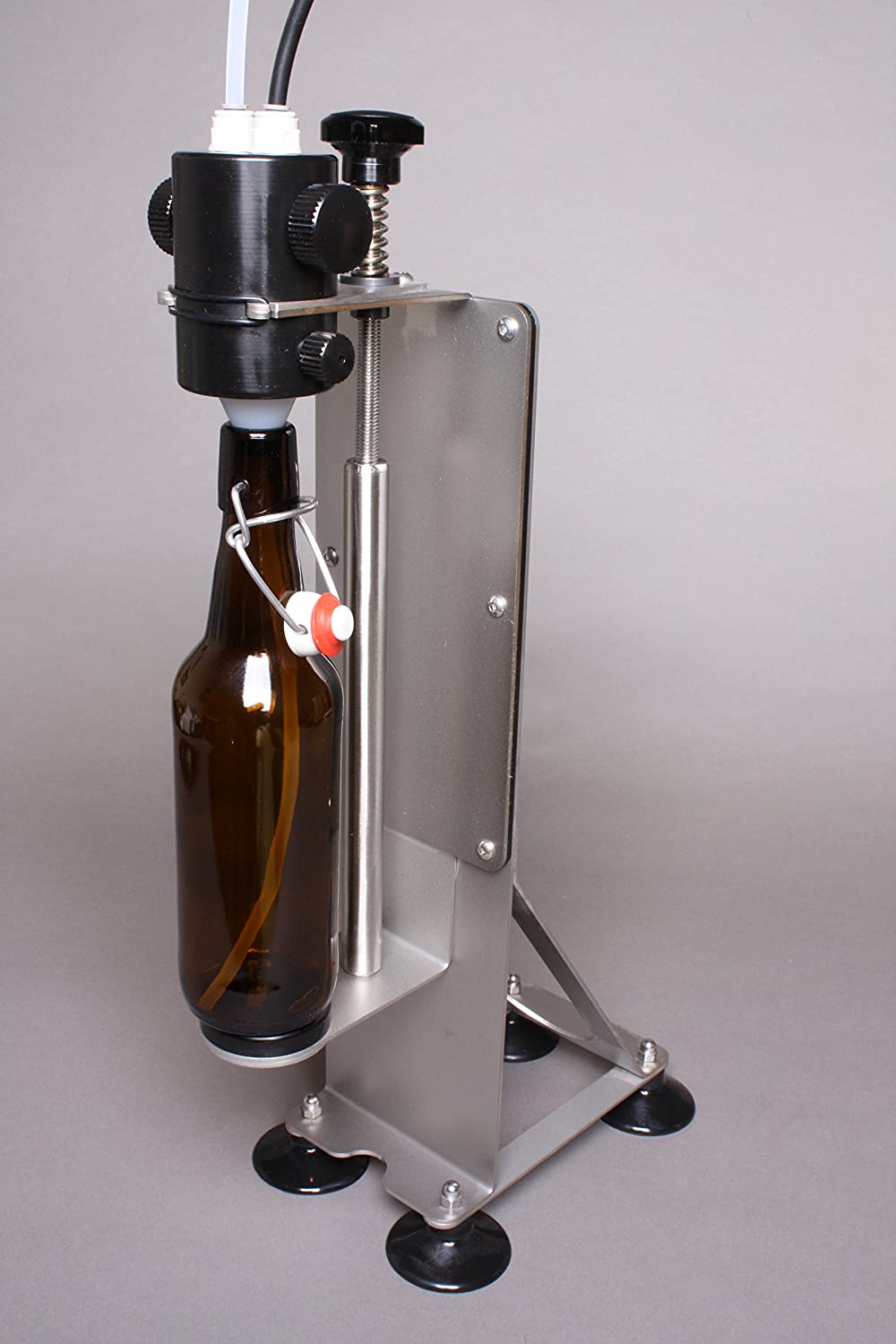Hello All,
Let me start by saying that this is technically a mead (pyment), but I want it to finish in the style of a sparkling wine. Here is my recipe:
1gal bottled water
1gal white grape juice
2lb wildflower honey
6lb moondrop grapes (crushed)
1tsp lemon juice
Pectinase/SNA as directed
11g Lalvin 71B
OG: 1.118
I would like the residual sugar to be similar to a Brut, around 12g/L (~1.005 FG), and I would like to bottle condition it to around 6vol CO2. I believe the 71B should get me pretty close to a 1.005 FG (alcohol tolerance is ~14%), but it may bring me lower. As of right now, my plan is to let it ferment out, stabilize with potassium sorbate and metabisulfite, back sweeten to 1.005 FG if I need to, then pitch 1g of Lalvin EC1118 with 5.52oz corn sugar (2gal at 68F) at bottling. The problem is, I believe the EC1118 will 'eat' my 1.005FG AND the corn sugar, leaving me with a 'dryer' finished product. Am I wrong to assume that? What is the best way to go about doing this? Thanks in advance!
Let me start by saying that this is technically a mead (pyment), but I want it to finish in the style of a sparkling wine. Here is my recipe:
1gal bottled water
1gal white grape juice
2lb wildflower honey
6lb moondrop grapes (crushed)
1tsp lemon juice
Pectinase/SNA as directed
11g Lalvin 71B
OG: 1.118
I would like the residual sugar to be similar to a Brut, around 12g/L (~1.005 FG), and I would like to bottle condition it to around 6vol CO2. I believe the 71B should get me pretty close to a 1.005 FG (alcohol tolerance is ~14%), but it may bring me lower. As of right now, my plan is to let it ferment out, stabilize with potassium sorbate and metabisulfite, back sweeten to 1.005 FG if I need to, then pitch 1g of Lalvin EC1118 with 5.52oz corn sugar (2gal at 68F) at bottling. The problem is, I believe the EC1118 will 'eat' my 1.005FG AND the corn sugar, leaving me with a 'dryer' finished product. Am I wrong to assume that? What is the best way to go about doing this? Thanks in advance!



